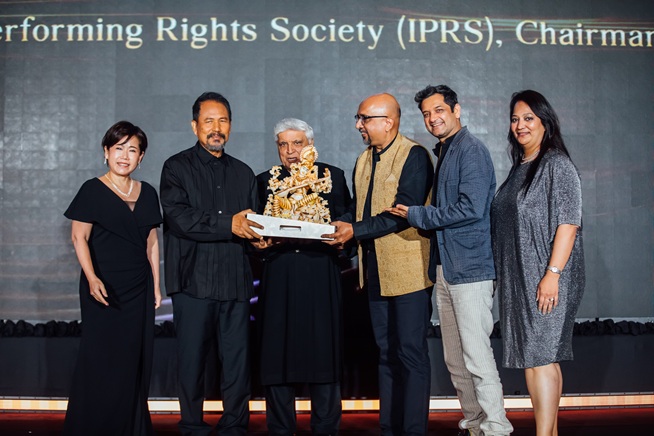18th December 2024: Student Tribe, India’s largest and fastest-growing student community, is proud to announce its strategic partnership with Marut Drones, a pioneering company specializing in drone technology that has been widely appreciated by the Government of India. This collaboration creates a unique platform connecting students directly with exciting opportunities in the field of drone technology.
This partnership is more than an educational initiative; it’s a comprehensive ecosystem designed to transform how students learn, engage, and build careers in emerging technological fields. By bringing together industry expertise and student enthusiasm, the collaboration aims to create meaningful pathways for young innovators.
Students will now benefit from:
Direct exposure to professional drone technology.
Structured learning beyond traditional academic curricula.
Networking opportunities with industry experts.
Practical skills development.
A supportive community of technology enthusiasts.
Through monthly events, online platforms, and a network of Campus Ambassadors, students will gain insights and experiences that go far beyond conventional learning. The partnership’s annual Drone Fest will be a landmark event where students can interact with cutting-edge technology and showcase their own potential.
Additionally, Marut Drones offers a 5-day Drone Pilot Training (RPC) workshop. This intensive program covers:
Introduction to drones and DGCA regulations.
Flight simulator training and drone flying practice.
Hands-on field experience.
Solo field flying tests.
DGCA certification upon successful completion.
This workshop equips participants with both theoretical knowledge and practical skills, making them industry-ready in the rapidly growing drone sector. As a DGCA-approved Remote Pilot Training Organization (RPTO), Marut Drones ensures students receive the highest standard of training and certification.
Speaking on the occasion, Sri Charan Lakkaraju, Founder & CEO of Student Tribe, said, “Our vision is to bridge the gap between academic knowledge and industry requirements. We’re creating an environment where students can transform their technological interest into tangible career opportunities.”
Echoing this sentiment, Sai Kumar, Founder of Marut Drones, stated, “Marut Drones has always been at the forefront of leveraging technology to address societal challenges. By collaborating with Student Tribe, we aim to inspire young minds and provide them with the tools to imagine, innovate, and create impactful solutions for the future.”
Student Tribe and Marut Drones are committed to nurturing the next generation of technological leaders, providing them with the tools, knowledge, and community support needed to succeed in an evolving digital landscape.
Marut Drones, known for its groundbreaking contributions to the drone industry, has recently secured $6.2 Million a Series A funding from Lok Capital underscoring its commitment to advancing drone technology for diverse applications. The company’s focus on innovation and education aligns seamlessly with Student Tribe’s mission to shape the leaders of tomorrow.





